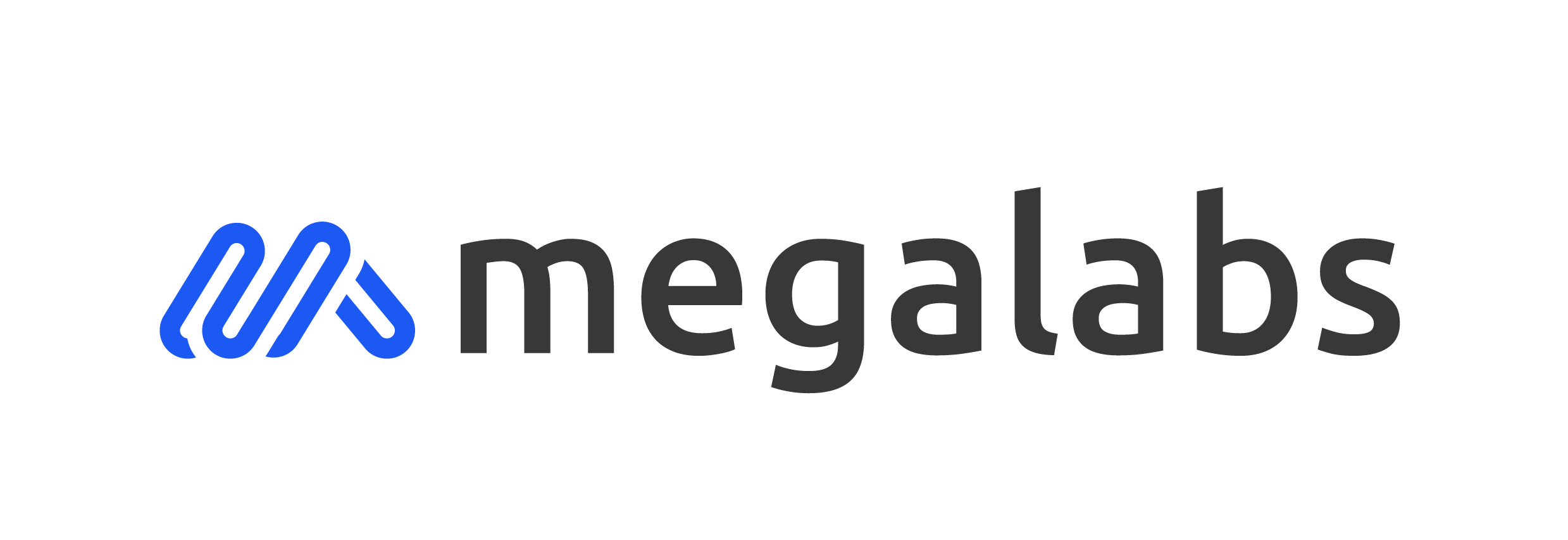Artificial intelligence has rapidly developed into a virtual revolution for modern generations, indicating impressive potential concerning our quality of life and way of working. Now, we face more industries that use AI. Businesses in a variety of industries including manufacturing, healthcare, finance, and retail are using AI to become more efficient, make high-quality decisions, and establish new products or services.
In this blogpost, we’ll look at some of the key sectors that are employing AI and how each one is doing so. We’ll also go through the benefits of AI in these domains quickly.
1. Healthcare
Healthcare is one of the industries that uses AI. Artificial intelligence is revolutionizing the healthcare industry. Several of the ways artificial intelligence can improve patient care and results have already been demonstrated in the healthcare business. Many hospitals use artificial intelligence to help doctors diagnose patients by analyzing data from multiple sources and predicting possible diagnoses based on that data. These tools are useful because they allow physicians to spend more time providing direct care to patients rather than gathering information or waiting for test results – which can lead to physicians making fewer mistakes or misdiagnosing.
In addition to assisting physicians with diagnoses, artificial intelligence is being used in other areas of medicine as well:
Robotics
Robotics are used across all types of surgery today — from minimally invasive procedures like laparoscopic cholecystectomy (gallbladder removal) to open surgery like prostatectomies. These tools can help surgeons more accurately operate on patients — especially in situations where precision is key, such as during neurosurgery.
Medical imaging
Analyzing medical images has long been one of artificial intelligence’s most important applications. AI can help doctors diagnose illnesses and injuries, select the best course of treatment, and predict whether or not a patient will respond favorably to a particular course of treatment.
Radiologists, for example, must frequently review tens of thousands or even hundreds of thousands of images each year to look for anomalies to diagnose cancer. AI can automate this time-consuming task. They can use AI to find patterns in these images that they would otherwise miss.
Another example is that radiologists may use AI to analyze mammograms and discover breast cancer sooner than traditional methods allow human doctors to. AI might lower the amount of missed diagnoses and speed up therapy for people suffering from malignant tumors in the breast tissue by automating this procedure.
Drug discovery
Clinical trials are heavily used in the pharmaceutical industry to test new drugs before regulators approve them for widespread use. Clinical trials typically involve many thousands of subjects who are then divided into different groups based on their health status or other factors related to the drug being tested.
The idea is to examine if there is a link between taking a certain medicine and witnessing an improvement in their symptoms or outcomes as compared to individuals who did not get the same therapy. The difficulty with this technique is that no two people are alike: they have unique genetics, metabolisms, diets, and lives. This makes drawing general inferences regarding the impact of medications on people who are not identical to those in the study challenging.
2. Transportation
One of the most important business lines in which artificial intelligence is used is transportation. AI aids the transportation sector by making it more accessible, quicker, and safer. AI technologies also help reduce traffic congestion, detect road hazards and improve navigation systems.
Some businesses are already leveraging AI to upgrade their transportation systems. One company building a self-driving logistics platform is Alibaba, which will ease congestion at ports and airports.
Other business giants that have invested heavily in self-driving cars include Tesla, Uber, and Google. Machine learning algorithms are used by these cars to build on their training and learn from their encounters on the road. They also use GPS equipment to locate themselves and determine the best routes to take.
Furthermore, sensors allow the car to recognize obstacles in its path and make judgments depending on them. They can also converse with other vehicles on the road to ensure their safety. For example, if you’re about to merge into traffic from an off ramp, your car can notify motorists ahead of you of which lane you’ll be in so they don’t crash you when they change lanes.
Another way artificial intelligence can be used in transportation is through ridesharing systems such as Uber or Lyft. These platforms use software programs called recommendation engines which make recommendations about where customers should be picked up or dropped off based on location and time of day. These recommendation engines use historical data about past rides to predict future ones so that drivers can be matched with riders as efficiently as possible.
3. Finance and Banking
Artificial intelligence is a game-changing technology that has caused significant disruption in various industries, including finance and banking. From customer service to fraud protection, AI has the ability to automate a wide range of tasks. AI in banking has the ability to save expenses while increasing client happiness.
Banks also use artificial intelligence to analyze customer data to provide personalized services such as credit card recommendations and investment recommendations based on a person’s spending habits or financial goals.
Fraud detection also benefits from artificial intelligence. Several banks have teamed up with independent software providers to create advanced fraud detection systems that use algorithms to detect trends in transaction data. Before a transaction takes place, these systems may flag it as suspicious.
The financial services industry is one of the most enthusiastic users of artificial intelligence. Trading algorithms and other forecasting models that can be used to optimize trading tactics have been developed using technology.
Banks have recently leveraged machine learning algorithms to assist clients with investment decisions and risk exposure management. Bank of America Merrill Lynch, for example, employs artificial intelligence to deliver investing advise to consumers based on their risk tolerance and financial goals.
AI also assists financial firms in becoming more efficient by automating repetitive processes that need minimal human effort. AI can be used, for example, to manage customer service calls, process loan applications and give financial advice. It can also aid in the detection of fraudulent transactions prior to their execution, saving banks time and money spent on investigations and legal expenses.
4. Retail and E-commerce
Artificial Intelligence is being utilized in several industries, including retail and e-commerce. It plays an important role in providing customer service, optimizing supply chain operations and creating a personalized shopping experience for customers. AI is assisting retailers to improve their performance by streamlining business processes, optimizing output, and cutting costs.
Customer experience
Retailers use AI to monitor consumer behavior and predict future purchases. This data assists merchants in determining which goods to promote on their website or in shop windows, as well as which adverts to display during online searches.
AI technology also enables retailers to enhance their customer service by analyzing social media posts related to their brand or products. Based on this analysis, customer service representatives can suggest the best responses to resolve issues raised in these posts.
Moreover, AI technology can improve consumers’ shopping experience by answering their product-related queries and offering personalized recommendations based on their past purchases or search history. For instance, Amazon’s Alexa offers product information and personalized suggestions based on a user’s search history.
Supply chain management
Retailers are using AI to optimize their supply chain. Artificial intelligence tracks inventory levels across multiple warehouses while also identifying trends and patterns in order fulfillment rates over time. This data may subsequently be utilized to improve inventory levels, potentially saving retailers money that employ this sort of software solution. Walmart, for example, employs AI-powered software to manage inventory levels at its global distribution facilities.
5. Manufacturing
Manufacturing is one of the industry areas suitable for the use of Artificial Intelligence. AI has the potential to bring big changes to manufacturing. Smart machines are increasingly capable of executing tasks that humans are incapable of, and this progress is advancing every day.
Artificial intelligence can help manufacturers make better products, faster. Robots can perform repetitive manual tasks better than humans, like welding, painting and assembly. Manufacturing companies can use AI-powered robots along with other automated systems to increase efficiency, cut costs and improve quality control.
AI-powered sensors can be used to continuously monitor equipment or supplies and notify staff when problems arise. This type of “smart” sensor may also forecast equipment failure and arrange repair before it occurs.
Data analytics driven by AI can assist businesses in making better decisions about when to acquire raw materials and other suppliers. For example, if a firm anticipates that sales will grow as a result of a new product introduction, it might purchase extra parts ahead of time rather than waiting until after the launch date and potentially losing sales.
Scheduling is one of the most difficult jobs in manufacturing since it incorporates so many factors, such as raw material availability, labor availability, machine availability, shipping timetables, delivery dates, installation needs, and so on. Based on previous data, AI systems can make better forecasts about future demand than people, allowing them to prepare more effectively than ever before.
Conclusion
In recent years, the use of artificial intelligence has increased due to its adeptness in streamlining processes, improving judgment-forming, and stimulating originality in industries such as healthcare, banking, and retail. It has become an essential part of our daily lives as we use it for various tasks and its market is likely to grow in the future. In this article, we mentioned 5 industries that use AI, however an increasing number of industries are adapting themselves to benefit from AI solutions.

